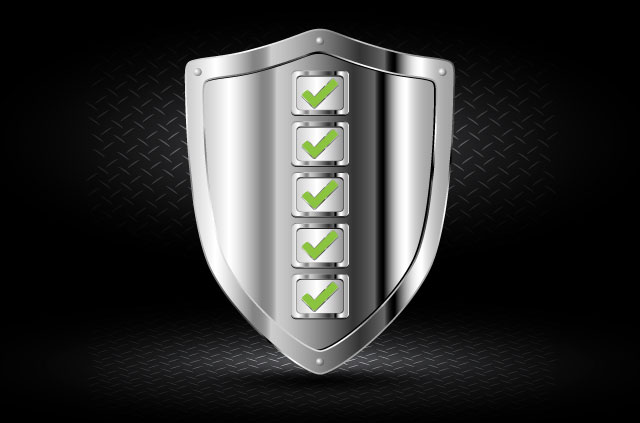Enhanced security, guaranteed privacy, and seamless access from any location are just some of the reasons for you to sign up for a VPN service.
But with more VPNs on the market than ever before, you need a robust set of criteria to ensure you are getting the best service possible, and these five factors will help you on your way:
1. VPN provider location
The location of your VPN is everything. If your VPN provider is in one of the fourteen countries that form part of the fourteen eyes accord, your provider can’t guarantee privacy from government surveillance.
States within the fourteen eyes system have agreed to not only share information but make it mandatory for your VPN provider to turn over your browsing records if requested. With this in mind, look for VPN providers with servers located outside of fourteen eyes jurisdiction.
2. VPN speed
Since VPNs encrypt your route your traffic and send it through a secure server, it may affect the speed of your connection. The best VPNs offer a range of server options in countries all over the world, making it easy for you to connect to a server close by and maximize the speed of your connection. With this in mind, look at the many reviews that rate services according to their speed before making a purchase.
3. How good is the customer service?
Networks and connections differ, and sometimes things can go wrong. The best services have the most responsive customer service teams to help you get up and running ASAP.
4. Paid VPN services
Everyone likes getting something for free, but it might not seem like such a great trade when you know that many ‘free’ VPN services make their money by selling your data to advertising companies and government bodies. However, there are great affordable VPN services out there.
A provider selling your data defeats the object of having a VPN in the first place and puts you in the hands of people and companies you don’t know. In contrast, paid services channel your fees into hardware and support to ensure you get the fast connection speeds, robust security systems, and responsive customer services you need.
5. Does it have a VPN kill switch?
You want a VPN to keep your activity private but what happens if your VPN connection breaks? Usually, your computer will automatically switch back to the IP address provided by your ISP, exposing your IP address and your web browsing activity to outside parties. To protect you in the case of a VPN connection timeout, the best VPN services feature a ‘kill switch’ that automatically shuts down your connection if it fails and stops your computer from automatically switching to an open and unsecured connection.
Get a VPN that works for you
Given the risks of unsecured connections, plus the proliferation of questionable services cropping up, particularly after Donald Trump’s roll back on internet privacy, these five factors will empower you to make a savvy choice when signing up for a VPN.


Recent Comments